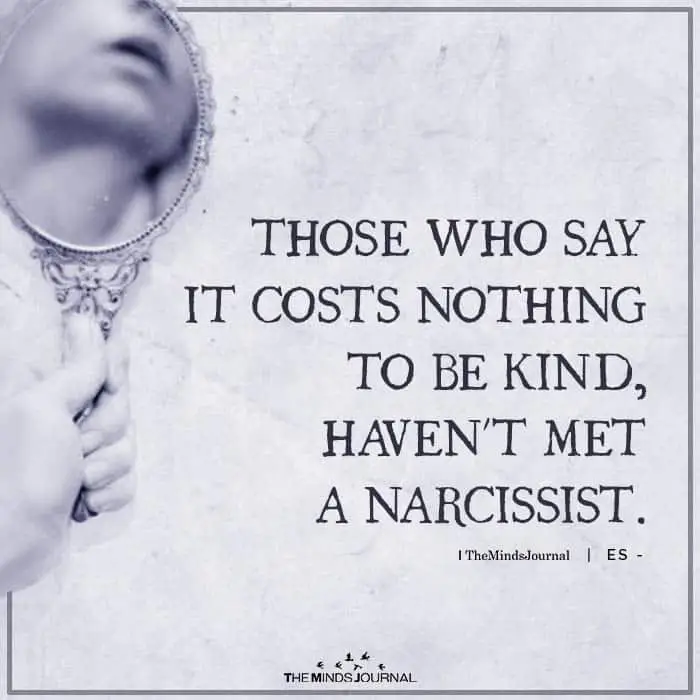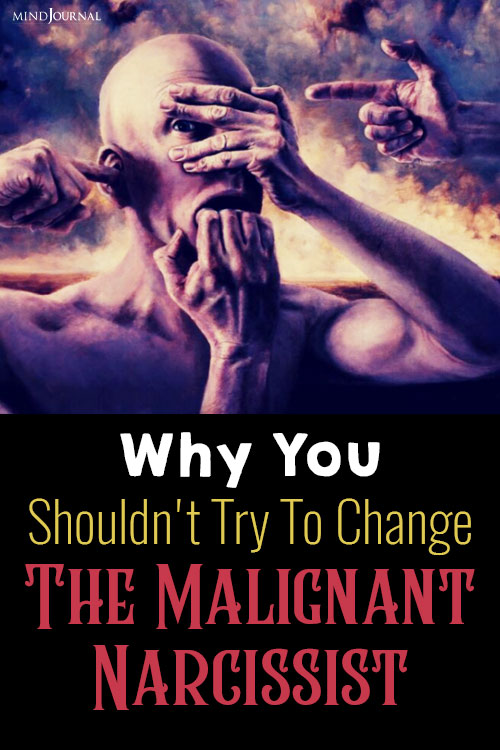A narcissist will deliberately damage other people in pursuit of their own selfish desires, but may regret and will in some circumstances show remorse for doing so, while a malignant narcissist will harm others and enjoy doing so, showing little empathy or regret for the damage they have caused.” ― John D. Garner
I am so grateful to the many people who have told me that my book The Human Magnet Syndrome was life-changing. Having such a positive impact on the human condition is my teenager’s “gonna change the world” dream come true. I couldn’t be happier!
My book was written to inspire and motivate people to understand their part in the dysfunctional dance they have been irresistibly drawn into their whole life. It WAS NOT written to be used as a defensive or offensive strategy in dealing with harmful pathological narcissists (PNarcs).
The “codependent” and “narcissistic” designations in The Human Magnet Syndrome were designed to identify a very serious personal and relational problem so the reader would be motivated to get help to disconnect from it. The book was never intended to be used as a retaliatory weapon to be used by angry, vindictive, and/or controlling codependents, or what I now refer to as individuals with Self-Love Deficit Disorder (SLDD).
Similarly, it wasn’t written to be used as a countermeasure against narcissistic harm.
Related: What Is Closet Narcissistic Personality Disorder?
The mere mentioning of my book to a PNarc is almost always counterproductive, as it will ALWAYS trigger a negative reaction, no matter how much you believe otherwise. I strongly suggest that you never give a copy of my book to PNarc. Never!
It will always trigger a narcissistic injury and set up a dysfunctional interaction, or dance, where the PNarc has complete control and the person with Self-Love Deficit Disorder does not.
If a PNarc learns or is told that their partner is reading my book, they will react in one of two manners:
1. They will exhibit various forms of vindictive and indignant rage, which compels them to openly intimidate, manipulate, and consequently sabotage their partner’s attempt at SLDD recovery.
2. This is the more insidious and harmful reaction that is common with Covert and Malignant Narcissists. In this scenario, the PNarc covertly executes a plan of sabotage and disempowerment, which may include gaslighting, mind manipulation, and continued brainwashing.
The latter is more dangerous as the PNarc is allowed to maintain their victim role while manipulating their partner into believing that they have the problems, not them. In these cases, some of my clients, at the beginning of therapy, are convinced that they are the PNarc and their significant other the SLD.

Believe it or not, a few of these clients’ PNarcs read my book, and then gave it to their partner with the continued brainwashing narrative that they are the “codependent” and their partner the “narcissist.”
Plain and simple, any suggestion that the narcissist is at fault will elicit a narcissistic injury. Giving them my book, or referring to it, while telling them you are SLD or codependent, is and will cause them to react in one of two ways.
One, they will project onto you that you are the narcissist and they the codependent; or, two, they will be triggered with a narcissistic injury, and subsequently rage against you for the comment or suggestion. You will be the target of their unmitigated fury and vitriolic criticisms, and they will punish you.
Related: Identifying Covert and Grandiose Narcissists In Your Life
The following excerpt from the Human Magnet Syndrome exemplifies the predictable negative response that PNarcs have to my work.
“According to their verbal and/or written feedback, they feel the seminar is offensive, ill-conceived, biased and even absurd. In particular, they are quite bothered by what they perceive as prejudice. These participants hear me say that codependents are the victims and emotional manipulators are the perpetrators of their dysfunctional relationships.
Nothing could be further from the truth, as the training (and this book) specifically details how both the codependent and the emotional manipulator are equally willing magnets in their dysfunctional “dance.” The codependent’s tendency to find harmful partners and remain with them cannot and should not be blamed on emotional manipulators, or vice versa.
It would appear that the severe reactions from my audience are likely products of a narcissistic injury, which occurs when the narcissistic individual felt criticized, judged or defeated. Anger and defensiveness are the common reactions of a narcissistically-injured emotional manipulator, as they feel offended, degraded and/or humiliated when confronted about their wrongdoings.” (Rosenberg, 2013).
Depending on the PNarc’s sub-type or diagnosis, their narcissistically prompted rage will be either delivered directly (“in your face”) or passive-aggressively/covertly, which is the common strategy by Covert Narcissists and Malignant Narcissists.
The covert and passive-aggressive form of narcissistic injury is more harmful than the reactions from the garden variety overt narcissists. They deliver maximum damage to the triggering (activating) SLD because of the invisible, secretive and manipulative nature of their counter-attack. Examples include triangulation of family, friends or co-workers, in order to promote their victim narrative.
Related: Can A Person With Narcissistic Personality Disorder (NPD) Have A Good Marriage?
Sadly, and ironically, the mere fact of fighting for what SLDs most want and need — unconditional love, respect, and care (LRC) — results in the loss of it. Once in a relationship with a PNarc, any attempts to control or coerce the narcissist into loving, respecting, and caring for the SLD are quickly offset by a dizzying array of self-serving manipulative countermeasures.
These come in various forms, depending on your PNarc’s subtype. Unfortunately, as long as codependents fight for LRC in a manner that renders them powerless and ineffectual, they are virtually guaranteed never to receive it.
I learned 22 years ago that setting boundaries, resolving conflict, and defending myself from a PNarc was a complicated and dangerous endeavor that left me feeling worse than I felt before the ordeal. I was surprised to learn that my repeated and unsuccessful attempts to control my PNarc’s neglectful and harmful treatment were the primary interactional components of our relationship.

My behavior was so automatic and reflexive that I was completely oblivious to it. Adding insult to injury, the only predictable outcome of my control compulsion was feelings of shame, loneliness, anxiety, and anger.
We must learn that PNarcs are never the primary problem. Instead, it is an SLD’s distorted and delusional belief system that compels them to keep trying to change and control their PNarc partner, who has a great deal riding on not letting you succeed. Despite ample evidence that SLDs can rarely effectively and consistently control their PNarcs, they blindly continue.
Related: Narcissistic Abuse Syndrome: 10 Signs You’ve Experienced Narcissistic Abuse
In conclusion, please do not use my book or other works to wage a battle against your PNarc. In the words of George Bernard Shaw, I beseech you to Observe and Don’t Absorb your PNarc into oblivion!
I learned long ago, never to wrestle with a pig.
You get dirty, and besides, the pig likes it!
– George Bernard Shaw
Ross is the author of the Human Magnet Syndrome: Why We Love People Who Hurt Us.
Check out Ross Rosenberg’s blog, The Human Magnet Syndrome for such informative articles.
Written By Ross Rosenberg Originally Appeared On Human Magnet Syndrome









Leave a Reply
You must be logged in to post a comment.